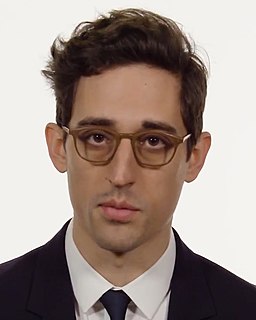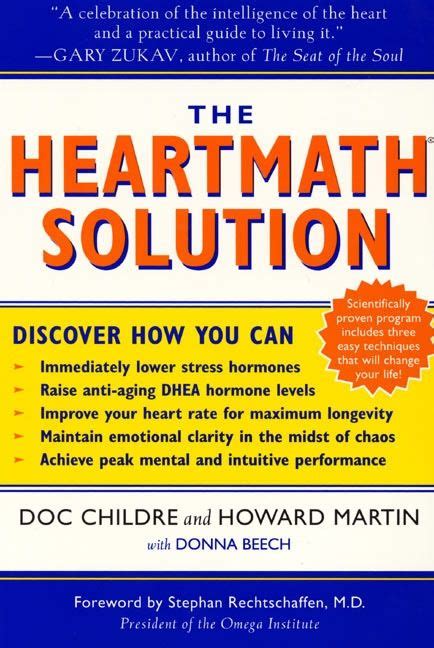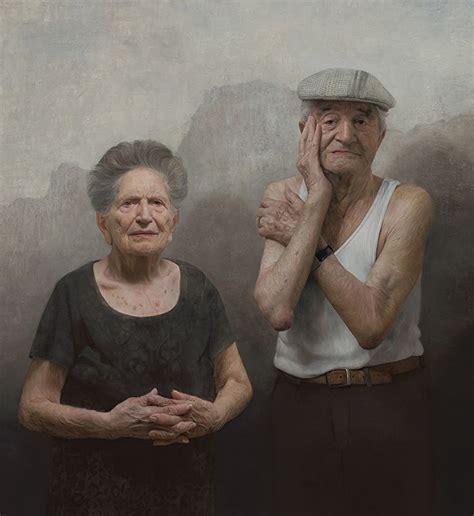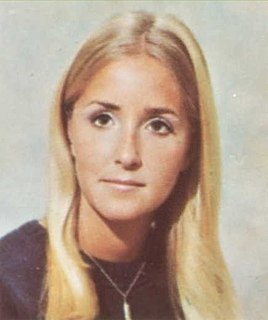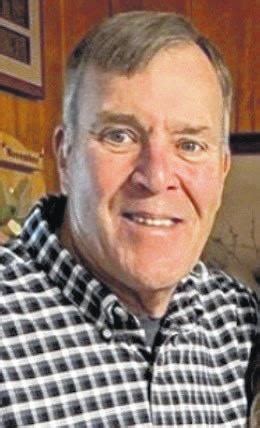A Quote by Justin Peck
The idea of having a narrative guiding the viewer through and grasping their attention is a really compelling thing.
Related Quotes
I'm trying to make sure that the visual connections between the disparate elements are strong enough for the viewer to keep moving through the work. It's in paying attention to those hundreds of details that the flow of the line will guide an audience through the narrative in a way that will make them enter it enough to engage with it, and perhaps construct their own narrative.
There's some ambient music that doesn't do anything. I wouldn't say that that's narrative. It is narrative in that it creates a sort of world where nothing happens, where really nothing happens, so you become a different person after hearing eight minutes of exactly the same thing. Yes, I hear music all the time in which one idea is strung together to another idea, and I feel that such music is non-narrative.
What will be required to increase the quality of life and health is a coming together of technology and values, based on a scientific guiding principle that people can agree on. Securing a healthy global future requires this guiding principle to preserve freedom of spirit yet be as provable as the laws of physics. A guiding principle that addresses the meaning of life and is compelling enough to generate social cohesion and behaviors that serve the greater whole. After thirty years of investigation and research, it has become clear to me that the answer lies within the human heart.
I want my paintings to give the viewer a true sense of reality - that includes but is not limited to depth, scale and a tactile surface as well as the real sense of what the subject looks like and is feeling at the time that I painted them. There should be a discourse between the viewer and the subject, to feel as though they are in a way connected. My goal is not to set a narrative but rather to have the viewer bring their own experiences to the painting and the subject as they would if they had seen the subject on the street in real life.
A lot of the pieces I've done over the years have involved alterations of scale and the idea of the viewer's relationship to the object and how we see things by either enlarging or reducing objects, it causes the viewer to look at them again. It's hard to do because our culture is so bombarded by images and media. How do you make something fresh for a viewer? That's a real challenge.
It's the disease of thinking that a having a great idea is really 90% of the work. And if you just tell people, 'here's this great idea,' then of course they can go off and make it happen. The problem with that is that there's a tremendous amount of craftsmanship between a having a great idea and having a great product.
I guess the wildcard here is Terrence Malick. He supervised me while I was writing the script for Beautiful Country, and he is a genius, although not always easy to follow. What I learned from him is that the narrative can be tracked through all kinds of scenes, that the strong narrative thread is not always the one that is most obvious. Creating narrative with Malick was a bit like chasing a butterfly through a jungle. This approach to narrative is fun and complicated, something that makes the process of writing constantly interesting to this writer.
